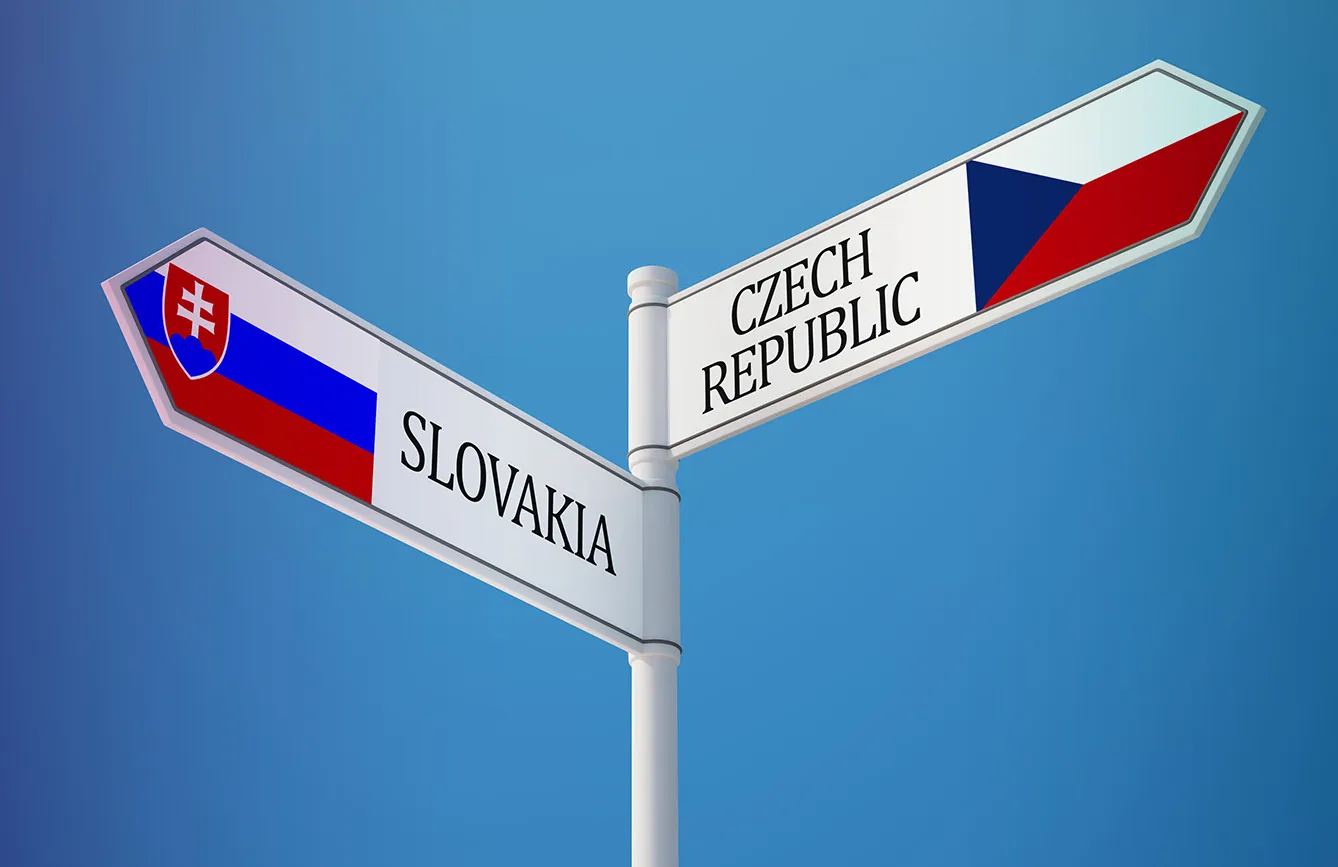Czechs and Slovaks are two brotherly nations bound by a shared history, close culture, and similar languages. And although they are now divided states, the two nations still feel close to each other today. But is it still true that Czechs and Slovaks do not need an interpreter to communicate with each other?
Several historical facts show the brotherhood and closeness of both languages and nations. As early as 1918, when independent Czechoslovakia was established, politicians of both states were very much aware of the issue of a common language, in the case of Czechoslovakia, a common language. However, from the beginning, Slovak was at a numerical disadvantage. That is why the Czechoslovak language was established in 1920.
This gave rise to the idea of Czechoslovakism, which was built up until the collapse of the common state in 1993. This idea simply meant that even though there were two languages, they were somehow one. Thus, during the time of the common state, there were always two anchors on the TV news: one Czech and one Slovak. The same was true in the case of radio news. Half of the programs were in Czech, and the other half in Slovak.
Who has a problem with what?
After the division of Czechoslovakia, there was also a division of common television and radio broadcasting. It was also at that time that a process of separation of the two languages began. This is still evident today and is still going on. But which nation is the one that forgets faster?
Linguists agree that Slovaks understand the second language better. There are several reasons for this. The first is the fact that Czech sounds much more common in Slovakia. Slovak TV stations widely broadcast foreign films dubbed into Czech or original Czech movies without editing.
The same applies to TV series and DVD sales. Moreover, Czech literature in the original is still widely read in Slovakia and its schools. According to statistics, an average of 100 books a year are published in the Czech original in Slovakia.
In Czechia, on the other hand, it is common practice to translate books from Slovak. Slovak is the third most translated language, after English and German. In the case of movies from Slovakia, Czech distributors often use Czech subtitles to accommodate today’s viewers. The same go for Slovak commercials: they are often aired with subtitles.
Remnants of Czechoslovakia
Even today, remnants of the common state can be found in pop culture. For example, the television show Czecho-Slovakia Got Talent or similar singing competitions. Czech films and TV series feature many Slovak actors who use their native language in their roles.
Moreover, Czech university students are very close to their Slovak brothers. Over 21,000 Slovak citizens are studying at public universities across Czechia. Thanks to the benevolence of the laws and regulations, they can use their native language in teaching and in writing academic papers.
The problem on the Czech side is not so much isolation from Slovak but a strange and seemingly natural distancing. According to linguists, today’s young Czechs already have more problems with Slovak. According to many experts, young people around the age of 20 would have trouble having a longer and more professional Czech-Slovak debate.
For example, some Slovak words are completely unclear for today’s Czech schoolchildren. To children, Slovak sounds quite exotic. Some children even laugh at TV programs. Many children cannot initially identify Slovak and confuse it with, for example, Polish or other Slavic languages.
A new rapprochement of acquainted nations?
However, the issue of distancing Czechs and Slovaks has not gone unnoticed. Linguists, teachers, and historians on both sides of the border are sounding the alarm. They fear the Czechs and Slovaks’ special fraternal relationship will disappear from Europe. That is why new Czech/Slovak films, books, and magazines are being produced. These bilingual works aim to bring both native languages closer to the other side and to preserve the precious and historic bond.
To test the speed of the divergence of the two languages, irregular testing of primary school pupils takes place on both sides of the border. The result showed an unsurprising outcome: the closer to the shared border, the greater the understanding. Unfortunately, the solution is not to move everyone to the border area.
The lyrics of the Czech singer Xindl X can serve as a farewell thought. In his song “Foreigner in your country,” he sings in collaboration with Slovak singer Mirka Miškechová: “Just yesterday we spoke the same language, and despite a few foreign words I could read your letters. Today the foreign ones outnumber the familiar ones. What the hell is wrong with us?”







